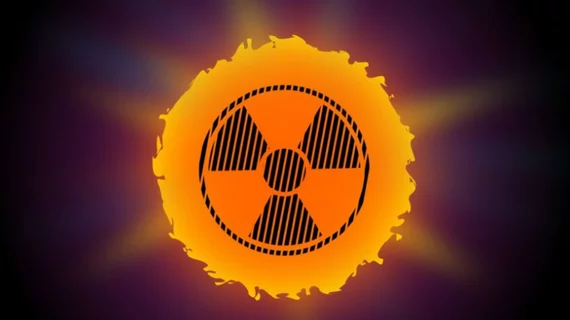Majority of clinicians support yearly radiation exposure limits, survey reveals
Although there are no current government regulations pertaining to the amount of CT scans individuals can have in a year, new survey data suggest many practicing clinicians support the notion.
The new data were published recently in the European Journal of Radiology. Survey responses were collected from four countries—South Korea, Hungary, Canada and the U.S.—and indicate the majority of clinicians believe radiation exposure should be considered when ordering CT scans.
Corresponding author Madan M. Rehani of the Department of Radiology at Massachusetts General Hospital and co-authors noted that policies pertaining to occupational and public radiation exposure are in place, but patient doses are not regulated:
There is no limit or constraint on radiation dose to patients in medical imaging, because such a limit could do more harm than good. This concept is included in the International Basic Safety Standards which form the basis for national legislation in many countries.”
Out of the 505 responses the survey garnered, 67% of radiologists agreed that considering patient radiation exposure is important and deserves to be considered when ordering exams. However, when questioned on whether radiation doses should be regulated, the respondents were more divided, though many were open to the idea of limiting exposure. Only a small portion of respondents—28%—disagreed with limiting exposure. In contrast, 36% suggested that they might consider the idea and 33% backed it completely.
Current guidelines state that medical imaging must be justified and that when imaging does occur, doses should be optimized. The authors of the present study suggested that future surveys should investigate the justification process when patients have undergone recurrent imaging.
The detailed data can be viewed here.

